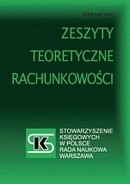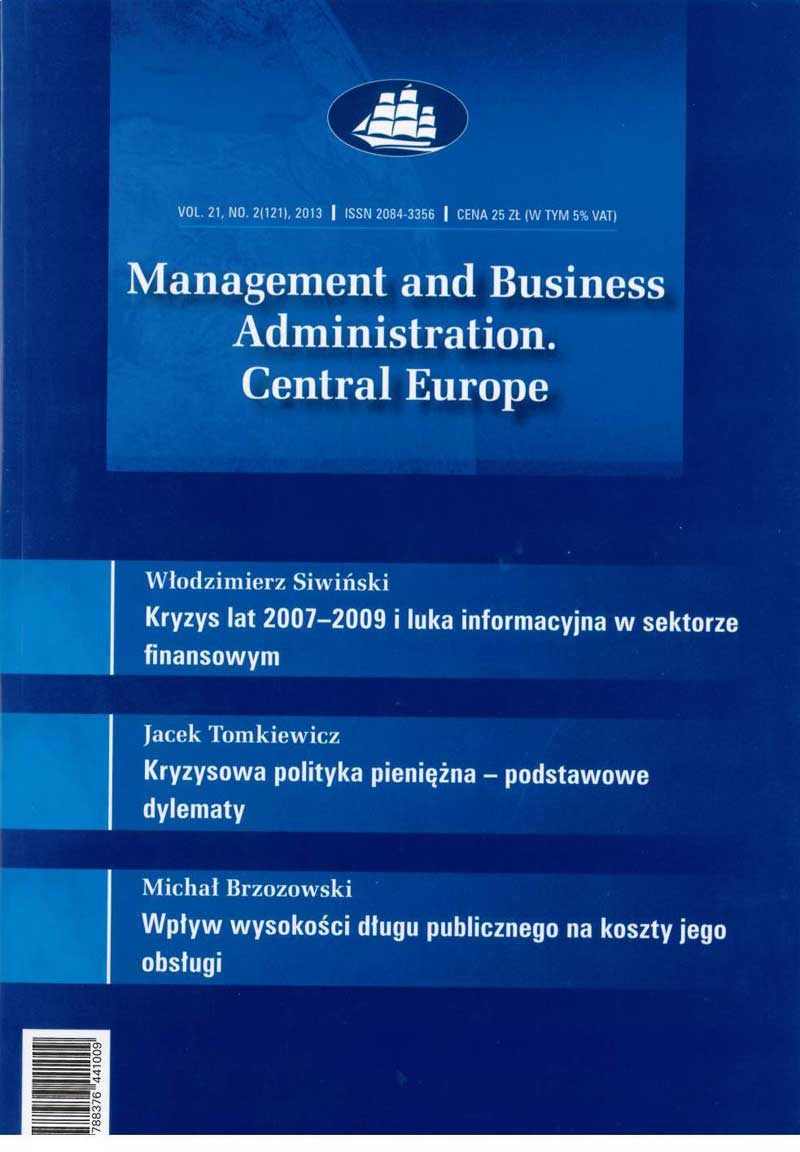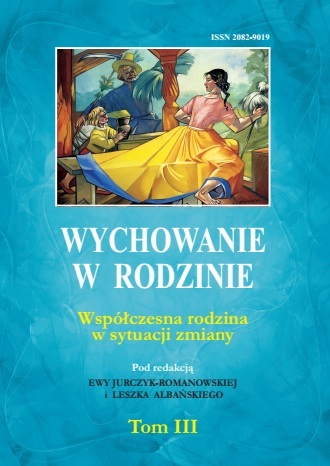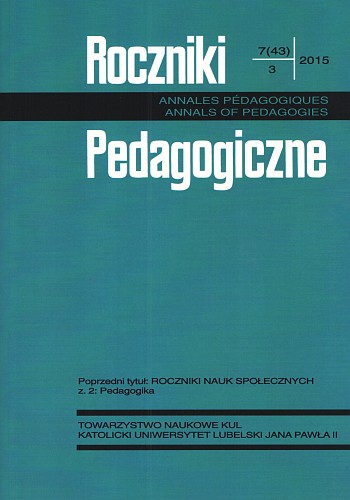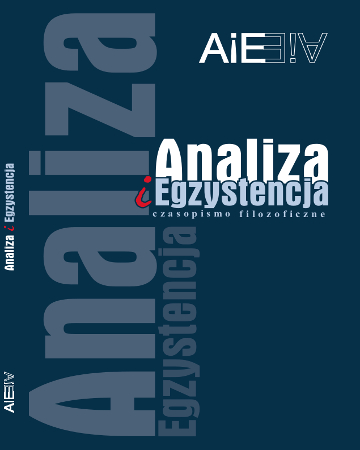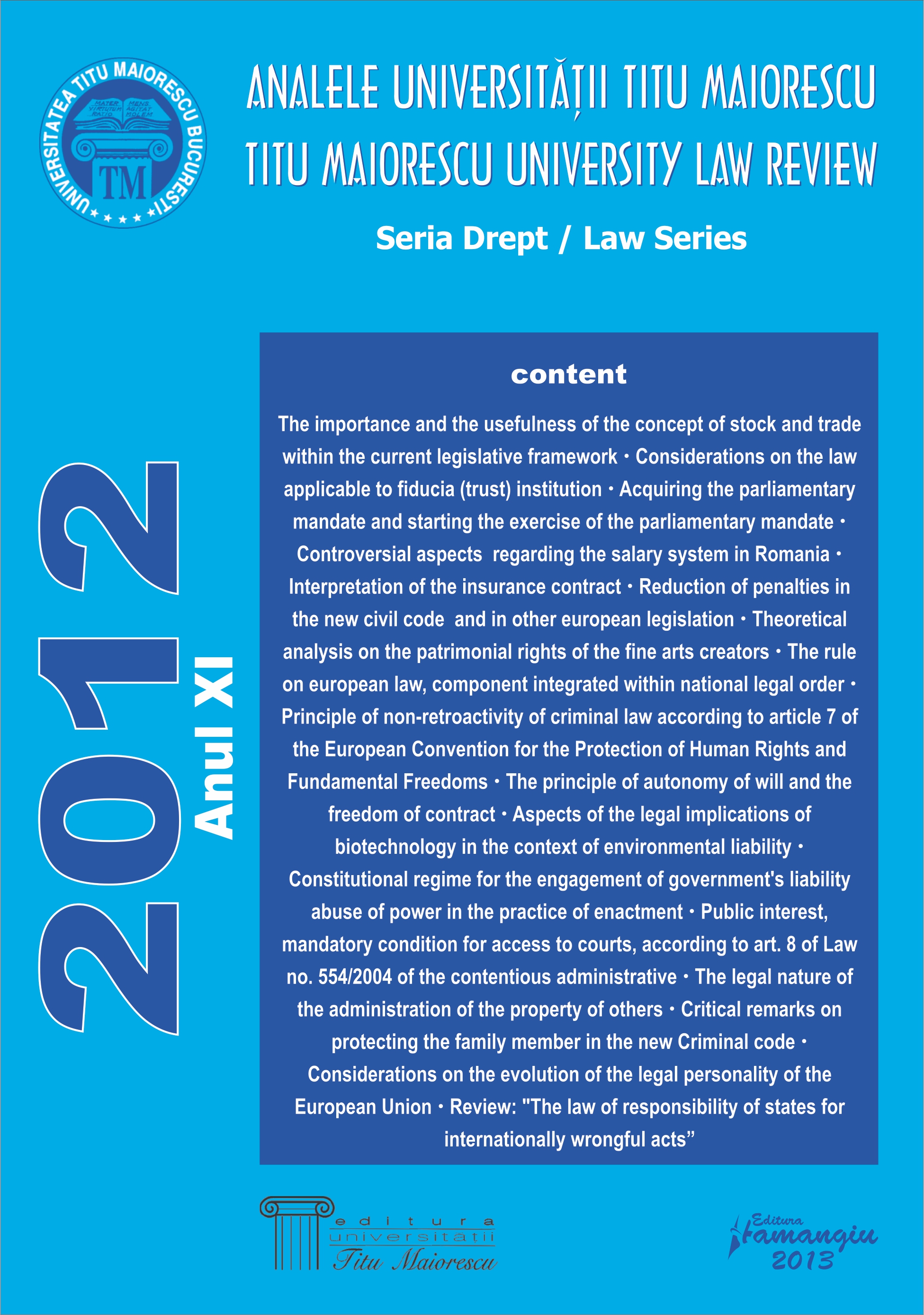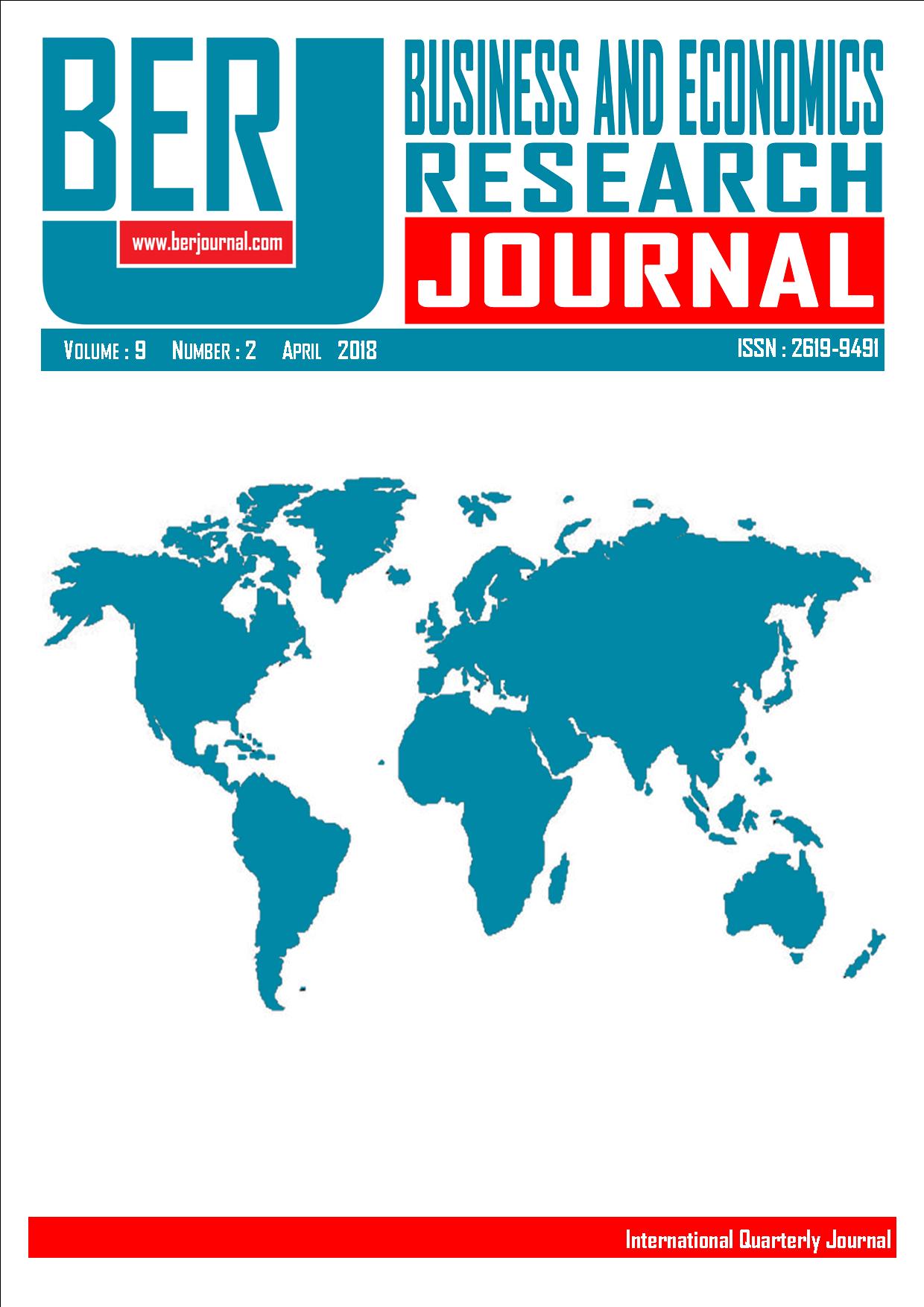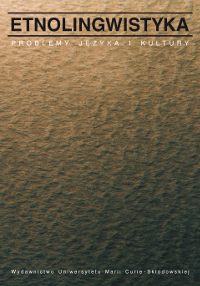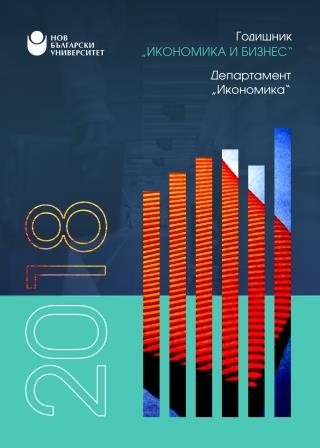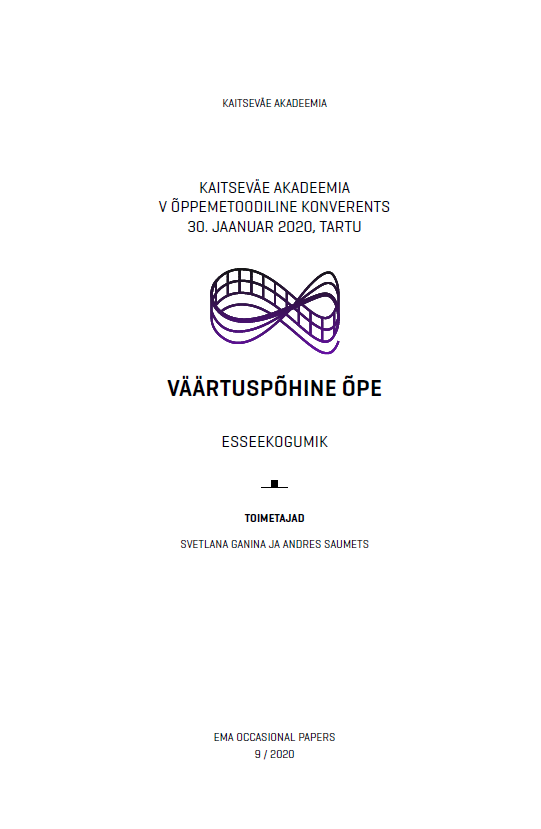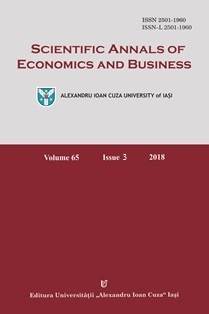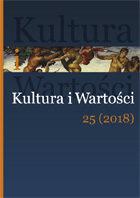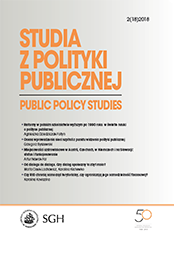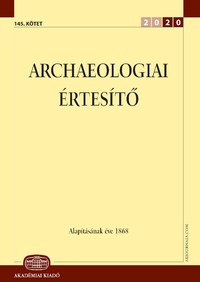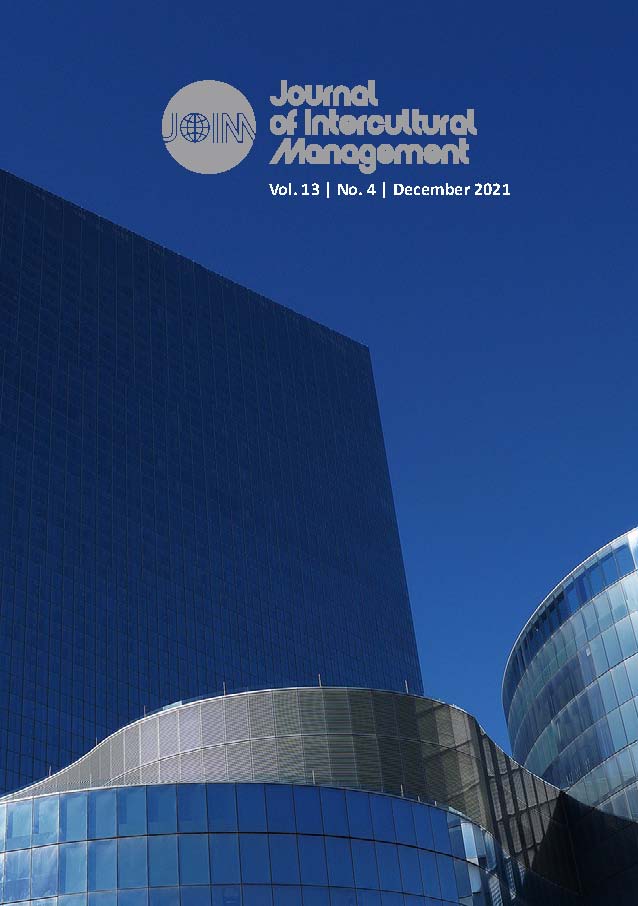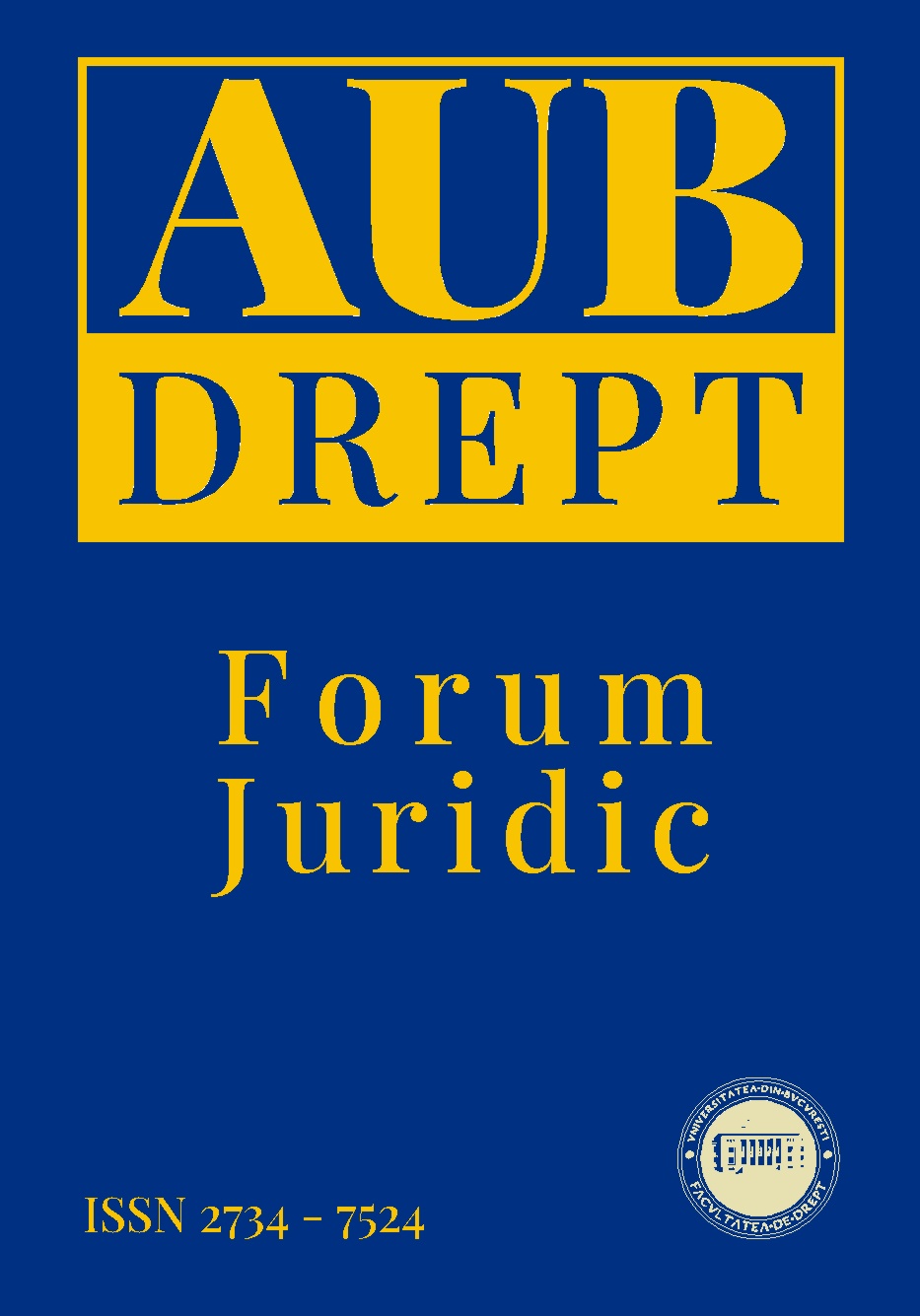Valențe ale principiului loialității administrării probelor în dreptul procesual penal român
Author(s): Giulia Şologon / Language(s): Romanian
/ Issue: 2/2022
Keywords: truth-seeking; loyalty; prohibition of coercion; entrapment; provocateurs; exclusion of evidence;
The principle of finding the truth implies the obligation of the judicial authority to carry out an effective investigation, ex officio, as soon as the commission of a crime is brought to their attention. To ensure the fair and efficient nature of this investigation, finding out the truth must be related to two derived principles: the principle of freedom of evidence and the principle of procedural loyalty. Procedural loyalty was originally understood as an obligation of those who participate in the discovery of the truth in any way, regardless of the procedural position they have, to behave correctly, being forbidden to those who administer evidence to use incorrect procedures, tricks or stratagems. The current regulation configured the principle of loyalty in accordance with the jurisprudence of the European Court of Human Rights, establishes that there is a lack of loyalty if the judicial authority uses procedures inconsistent with the fundamental principles of the legal order in order to obtain evidence. Disloyalty evokes deception, artifice, promise, threat, all of which have the effect of reducing or suppressing free will, and ultimately distorting the truth that the judge must determine.The present study aims to analyze the principle of the loyalty from a double perspective, national and European, referring both to the scope of the principle and to its particular forms of manifestation, respectively: the prohibition of coercion in taking statements of the defendant and the prohibition of entrapment, regardless of whether they come from judicial bodies or individuals. In the final part of the article, an analysis of the sanctions that intervene in the case of the violation of procedural loyalty is carried out, both by referring to the solution proposed in the jurisprudence of the Constitutional Court, and to the need to retain the autonomous character of the sanction of the exclusion of illegally or unfairly administered evidence.
More...
